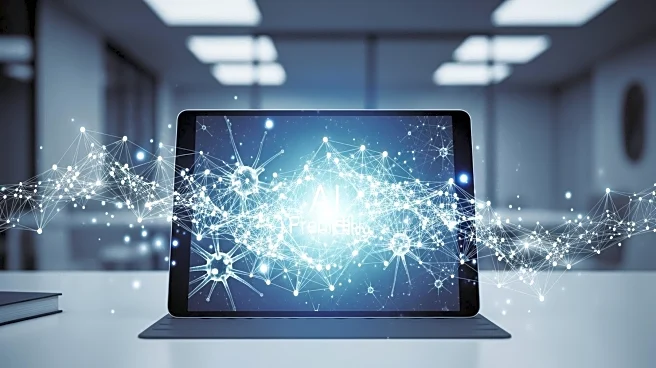Rapid Read • 7 min read
IndustryWeek has compiled a list of 25 significant events, technologies, and trends that have transformed U.S. manufacturing over the past 25 years. The list includes developments such as the rise of China as a manufacturing competitor, the evolution of e-commerce with Amazon, and technological advancements like digital twins and wearable technology. These events have reshaped manufacturing processes, thinking, and best practices. The list was created through a collaborative effort involving IndustryWeek editors and contributors, focusing on items with lasting impacts on the industry.
AD
The transformation of U.S. manufacturing over the past quarter-century has had profound implications for the industry, affecting productivity, competitiveness, and innovation. Understanding these changes helps stakeholders anticipate future trends and challenges. The rise of China as a manufacturing powerhouse has altered global supply chains, while technological advancements have introduced new efficiencies and capabilities. These developments underscore the need for continuous adaptation and strategic planning within the manufacturing sector to maintain competitiveness and drive growth.
As the manufacturing industry continues to evolve, stakeholders can expect further integration of advanced technologies, such as artificial intelligence and automation, to enhance productivity and innovation. The focus on sustainability and ethical practices may also increase, driven by consumer demand and regulatory pressures. Industry leaders will need to navigate these changes while addressing workforce challenges and maintaining global competitiveness.
The events highlighted by IndustryWeek reflect broader shifts in the global economy, including the impact of globalization and technological disruption. These changes raise important questions about the future of work, the role of manufacturing in economic development, and the balance between innovation and ethical considerations. The ongoing evolution of manufacturing will likely influence public policy, education, and international relations, as countries strive to adapt to new realities.
AD
More Stories You Might Enjoy










